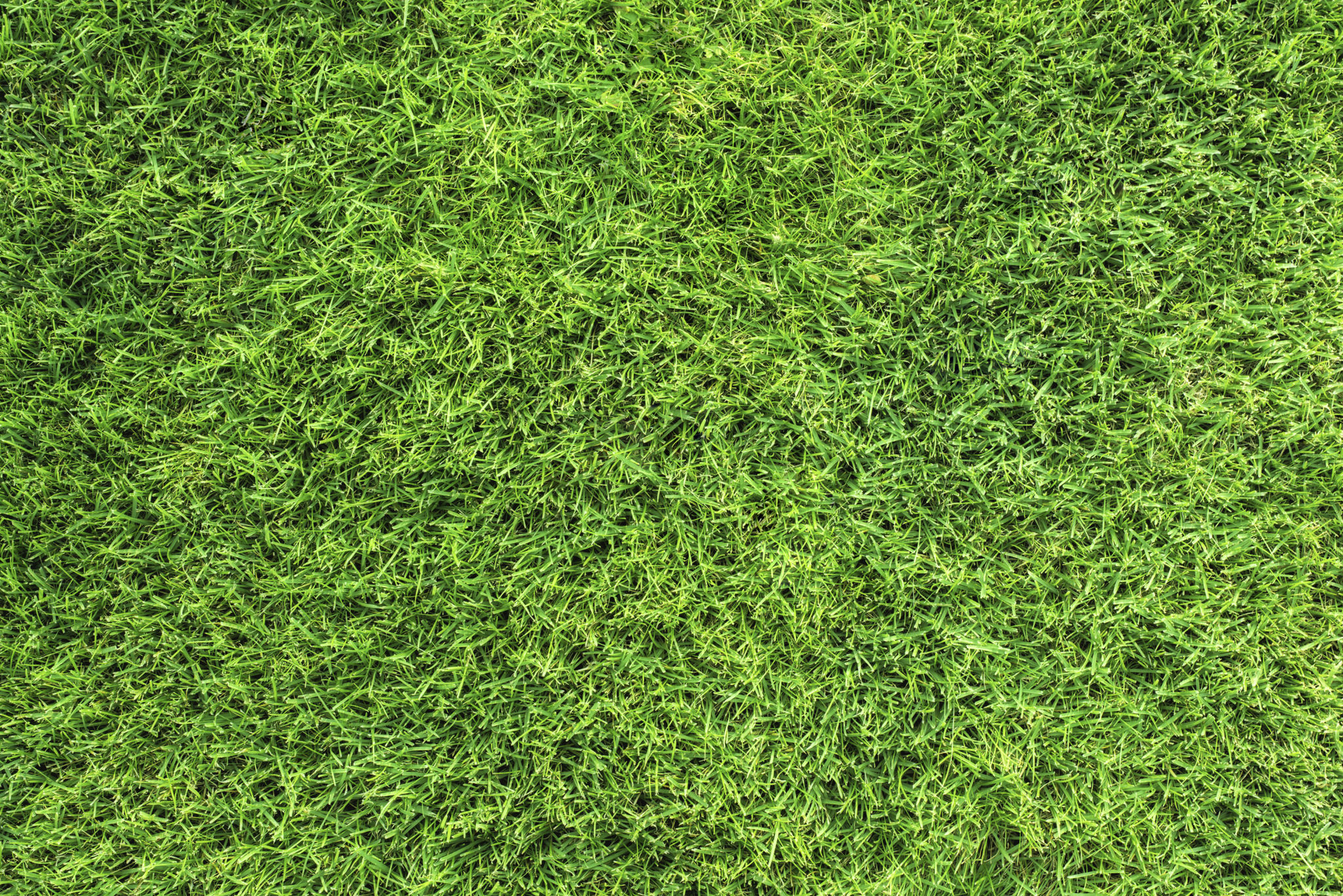Seasonal Lawn Maintenance Tips for Massachusetts Homeowners
Spring Lawn Care
As the snow melts and temperatures begin to rise, spring is the perfect time to revive your lawn after a long Massachusetts winter. Start by thoroughly raking your lawn to remove leaves, dead grass, and other debris that may have accumulated. This not only clears the surface but also helps in breaking up any thatch that has formed.
Next, consider aerating your lawn. Aeration helps to improve soil compaction, allowing water and nutrients to penetrate the roots more effectively. This is crucial for promoting lush and healthy grass growth. If you notice any bare patches, overseeding can help fill them in and provide a thicker, more uniform lawn.

Fertilizing and Weed Control
Applying a balanced fertilizer in spring can give your lawn a much-needed nutrient boost. Choose a slow-release fertilizer that will feed your lawn gradually over time. Additionally, consider using a pre-emergent herbicide to prevent weeds from sprouting as the weather warms up.
It's important to follow the instructions on any product you use to avoid over-fertilizing or damaging your lawn. Consistent mowing with a sharp blade also helps in managing weeds, as it prevents them from seeding.
Summer Lawn Care
Summer in Massachusetts can bring heat and occasional drought conditions, which can stress your lawn. Watering deeply but infrequently is key to encouraging deep root growth. Aim for about one inch of water per week, delivered early in the morning to minimize evaporation.

Mowing Best Practices
During the summer months, adjust your mower blade to leave grass slightly taller. Taller grass shades the soil, reducing moisture loss and keeping weeds at bay. It's generally a good idea to keep your grass height between 3 to 4 inches.
Avoid cutting more than one-third of the grass blade at any single mowing session to prevent shock and stress on the lawn.
Fall Lawn Care
Fall is an excellent time for lawn maintenance because of the cooler temperatures and increased rainfall. Begin by aerating and overseeding once more to repair any damage from summer stressors. Fall is also the best time to apply a high-potassium fertilizer to help strengthen roots before winter sets in.

Leaf Management
Regular leaf removal is critical in fall; leaving leaves on your lawn can smother grass and promote disease. Consider mulching leaves with a mower instead of raking, as this adds valuable organic matter back into the soil.
By following these seasonal lawn maintenance tips, Massachusetts homeowners can enjoy a lush, healthy lawn all year round. Regular care and attention not only enhance curb appeal but also contribute to the overall health of your home's environment.
